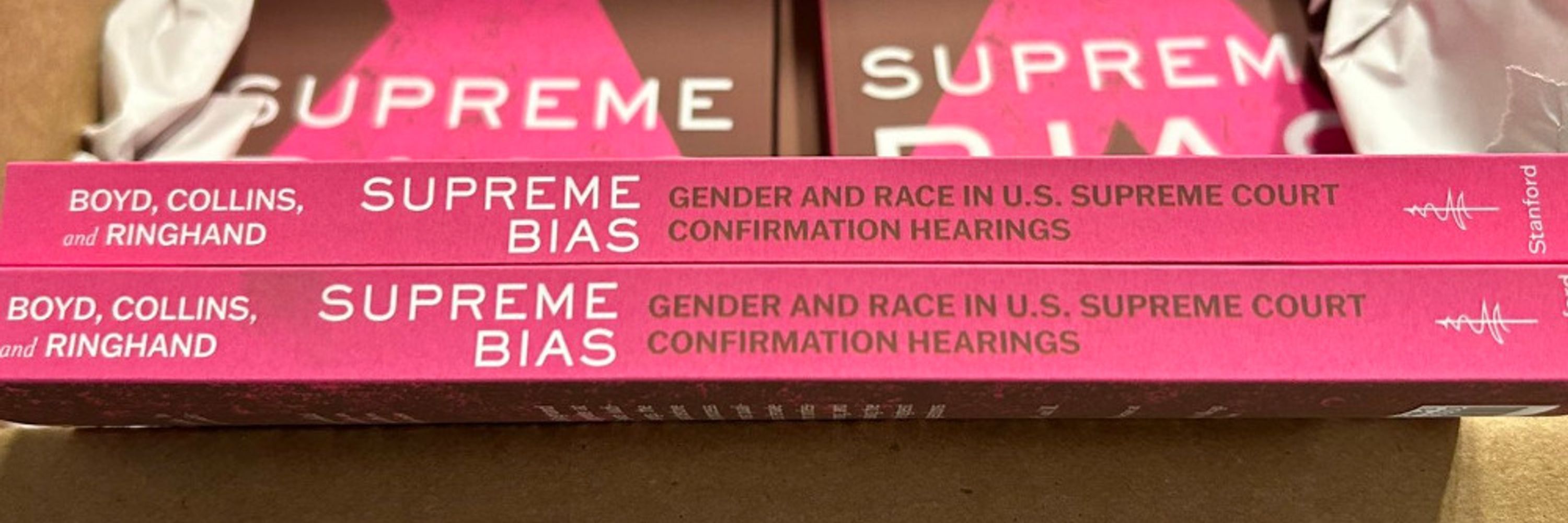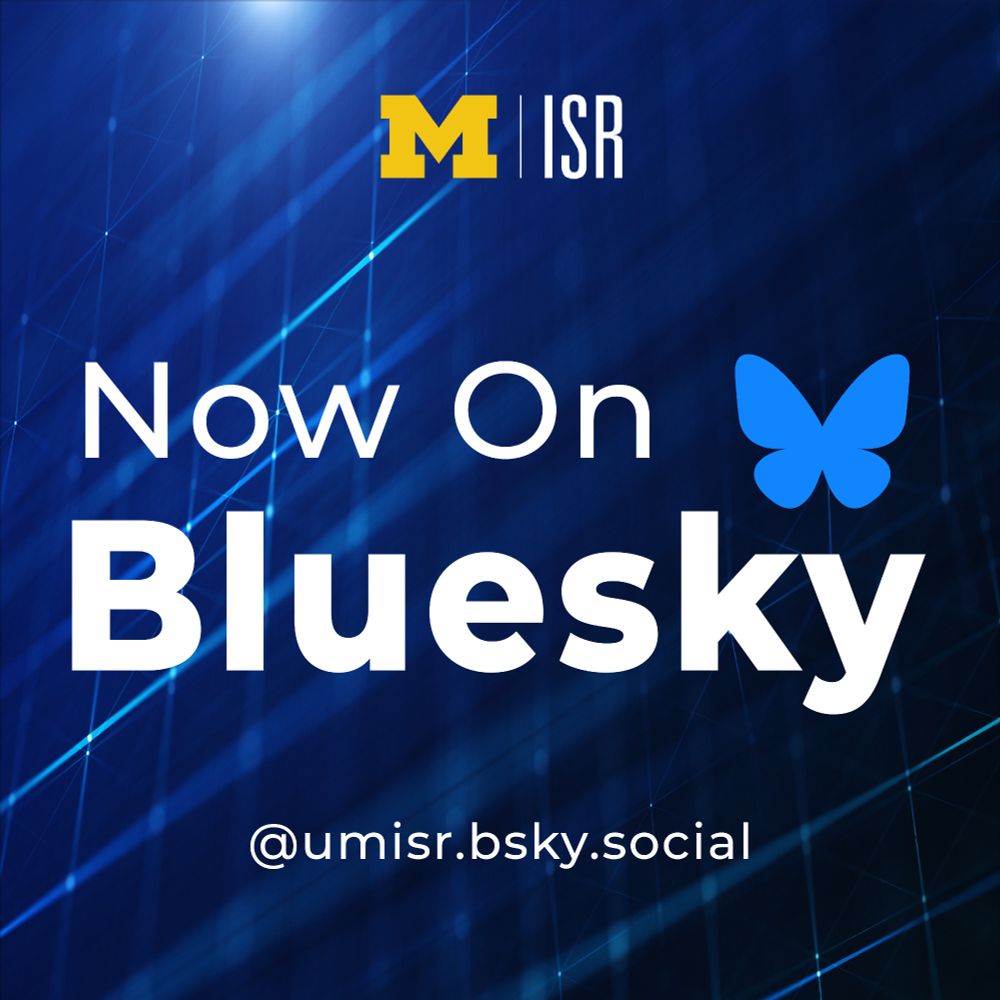Christina L. Boyd
@theclboyd.bsky.social
5.3K followers
400 following
96 posts
Prof @ WashULaw @ WUSTLPoliSci | Studies judicial behavior & diversity; trial courts; empirical legal studies | Views my own
Posts
Media
Videos
Starter Packs
Reposted by Christina L. Boyd
Christina L. Boyd
@theclboyd.bsky.social
· May 25
Christina L. Boyd
@theclboyd.bsky.social
· May 25
Christina L. Boyd
@theclboyd.bsky.social
· May 20
Christina L. Boyd
@theclboyd.bsky.social
· May 20
Christina L. Boyd
@theclboyd.bsky.social
· May 20
Christina L. Boyd
@theclboyd.bsky.social
· May 15
Christina L. Boyd
@theclboyd.bsky.social
· May 14
Christina L. Boyd
@theclboyd.bsky.social
· May 14
Christina L. Boyd
@theclboyd.bsky.social
· May 14
Christina L. Boyd
@theclboyd.bsky.social
· May 12
Christina L. Boyd
@theclboyd.bsky.social
· May 12
Christina L. Boyd
@theclboyd.bsky.social
· May 12
Christina L. Boyd
@theclboyd.bsky.social
· May 12
Christina L. Boyd
@theclboyd.bsky.social
· May 12
Christina L. Boyd
@theclboyd.bsky.social
· May 12
Christina L. Boyd
@theclboyd.bsky.social
· May 12
Christina L. Boyd
@theclboyd.bsky.social
· May 12
Christina L. Boyd
@theclboyd.bsky.social
· May 12
Christina L. Boyd
@theclboyd.bsky.social
· May 12
Christina L. Boyd
@theclboyd.bsky.social
· May 12




